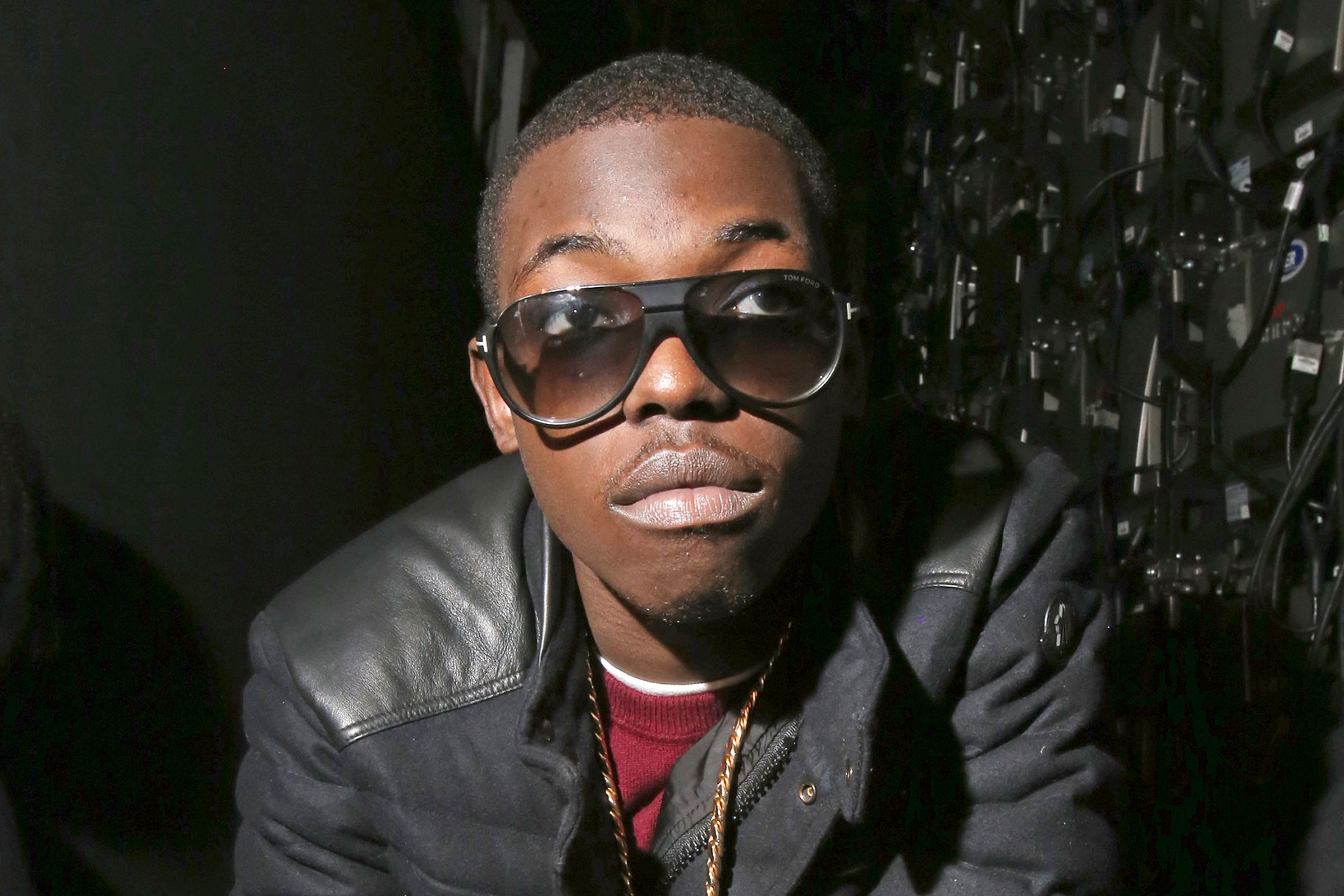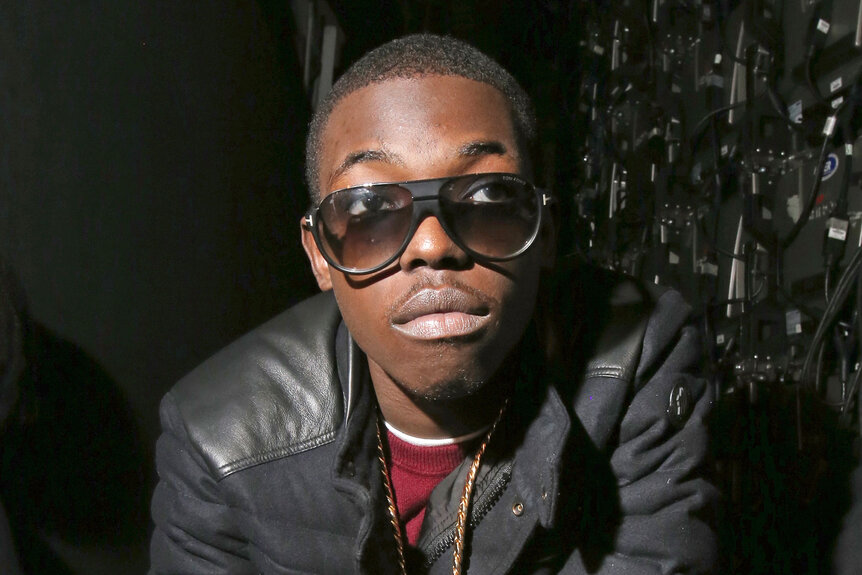Create a free profile to get unlimited access to exclusive videos, breaking news, sweepstakes, and more!
'Hot Boy' Rapper Bobby Shmurda, Who Once Launched A Viral Dance Craze, Is Released From Prison
Fellow rapper Quavo reportedly picked Bobby Shmurda up from prison in style, more than six years after the rapper was arrested as part of a police takedown of his neighborhood crew.

Bobby Shmurda, the rapper who shot to fame after his viral music video popularized the “Shmoney dance,” has been released from prison.
Shmurda, whose real name is Ackquille Pollard, was released from the Clinton Correctional Facility around 8:30 a.m. Tuesday morning and will carry out the remainder of his sentence under community supervision, according to a statement obtained by Oxygen.com from the New York State Department of Corrections and Community Supervision.
Shmurda was reportedly picked up from the prison in style by fellow rapper Quavo, according to Billboard, who spoke to the rapper just before he headed to the prison.
"I'm going to get my guy," he said. "I'm personally gonna go pick up Bobby Shmurda. ... I'm gonna let him show you how I'm gonna pick him up, yessir.”
Quavo is already anticipating Shmurda’s return to hip hop more than six years after the rapper was arrested outside a New York City recording studio.
“It’s gonna be big,” he said.
Shmurda rose to fame in 2014 after his music video “Hot Boy” sparked a viral dance craze and led him to sign with Epic Records, signaling a way out of the gang-filled Brooklyn streets where he grew up. But just months later, in December, and a few days after performing the song on “Jimmy Kimmel Live” Shmurda was arrested as part of a takedown of his neighborhood crew, GS9, according to USA Today.
Authorities said they stopped the car he was riding in and found two handguns and a small amount of crack cocaine.
Shmurda and 15 others were facing a series of charges, including conspiracy to commit murder, reckless endangerment, and conspiracy to sell narcotics after the targeted take down of the gang.
"These gang members have shown no respect for the lives of those in the Brooklyn neighborhoods where they wreak havoc," then NYPD Commissioner Bill Bratton said in a press conference at the time, according to NPR. "But working together with the special narcotics prosecutor, we put an end to that. They shouldn't be celebrated. And the fact that their music is celebrated, and the so-called dance that they created — I would hope that those that emulate it understand what the source of it is: mindless thugs who have no conception of the value of life, no conception of morals.”
Shmurda ultimately pleaded guilty to charges that he conspired with a violent drug gang and received a seven-year sentence, USA Today reports.
He later tried to withdraw the plea after arguing that he had been forced into the agreement, according to the Associated Press.
The request was denied and Shmurda was sent off to prison where we remained until Tuesday.
Shmurda’s conviction and the larger story of how police and prosecutors use conspiracy law to build steeper cases against street crews in impoverished neighborhoods was explored last year by a three-part NPR story “Louder Than A Riot.”
The investigation called into question the entertainment industry’s desire for authentic artists which, in turn, often prompts increased scrutiny and attention from law enforcement agencies, turning these up-and-coming artists into prime targets for prosecution.
Babe Howell, a professor of criminal law at the City University of New York and a defense attorney, told NPR that prosecutors often use conspiracy laws to prosecute anyone connected to a crew.
“Conspiracy laws make a conspiracy incredibly easy to prosecute, nearly impossible to defend, and they carry very, very harsh penalties,” Howell said.
Others have argued that the laws act as a deterrent for gang violence.
Shmurda was first up for parole in September of 2020, but he was denied, NPR reports.
Shortly after Shmurda was released Tuesday, he happily FaceTimed with his mom as they planned to see each other soon, according to TMZ.
Shmurda will remain under community supervision in Kings County until he completes the remainder of his sentence on Feb. 23, 2026, according to the Department of Corrections.























